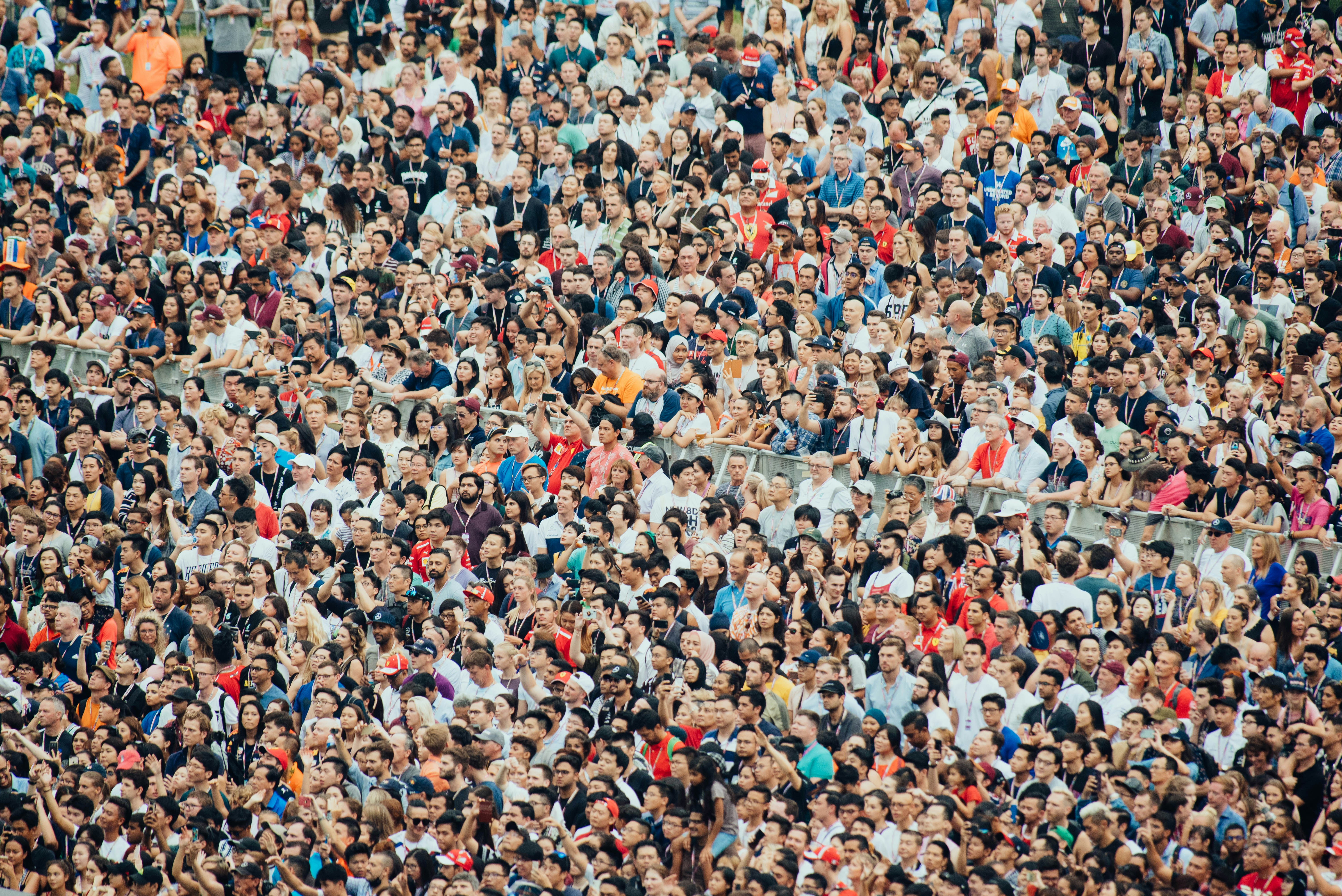
12-year-old me had identified herself as a feminist and generally felt like she pursue whatever she wanted in life. So when I read an article reporting that women would only apply for a job if they met 100% of the qualifications, that they felt like they needed to be perfect before taking action, that they believed that they'd be recognized if they'd just put their heads down and do the work, I was like "of course, that's me. Isn't that what everyone does? What's wrong with doing this?" But then I learned that men, on the other hand, will apply with only about 60% of the qualifications and thus obtain more opportunities, will take risks and thus build resilience from failure, get seen as having high social status due to their projection of overconfidence — at this moment, something inside of me shifted.
I'd been proud of myself for those things; I'd thought that they were part of my identity, something that I wanted to strive for. And there's nothing wrong with having traditionally feminine characteristics (the heart of the issue is that society doesn't value the feminine as much as the masculine), but I started to wonder, how much of my identity has been determined by society’s gender biases, and how much of it is actually me? I realized that the way I saw myself, and the world around me, was shaped, in no small part, by my how society values my gender (more accurately, the gender ascribed to my anatomical sex). From then on, I started to see the subtle gender biases, everywhere.
How much of my identity has been determined by society’s gender biases, and how much of it is actually me?
Although bodies of research about differences in behavior/self-perception between women and men certainly don't reflect everyone's experiences (especially individuals who are gender-nonconforming or non-binary — not to mention the lack of intersectionality), trends in the data reveal deeply ingrained biases. As I got older and learned about the many manifestations of gender inequality (wage gap, sexual assault, media representation), I wondered if there was some kind of root of the problem (where did all of these biases originate?). I reflected on my own life and saw my childhood in a new way, seeing how I'd been praised for "feminine" traits like patience and modesty. So I dove in to learning about gender socialization (the process of learning and adopting the norms and behaviors associated with your assigned sex, which usually happens during childhood). If we don't recognize them and actively combat them, these fundamental gender biases stay with us, and we apply them in new ways as we grow up.
In order to move forward into a future that’s free from societal limitations of gender, we first need to go back to revisit our past. By learning the origins of our biases, reflecting on what held us back when we were younger, we gain clarity on how we want to change. We analyze how gender has affected our personal lives, but we don’t stop there.
The magic happens when we take our reflections and we use them to reimagine gender. We see the parts of ourselves that may have been lost, and we actively work to find them again; we become our true, whole selves.
We see the parts of ourselves that may have been lost, and we actively work to find them again; we become our true, whole selves.